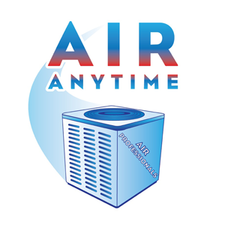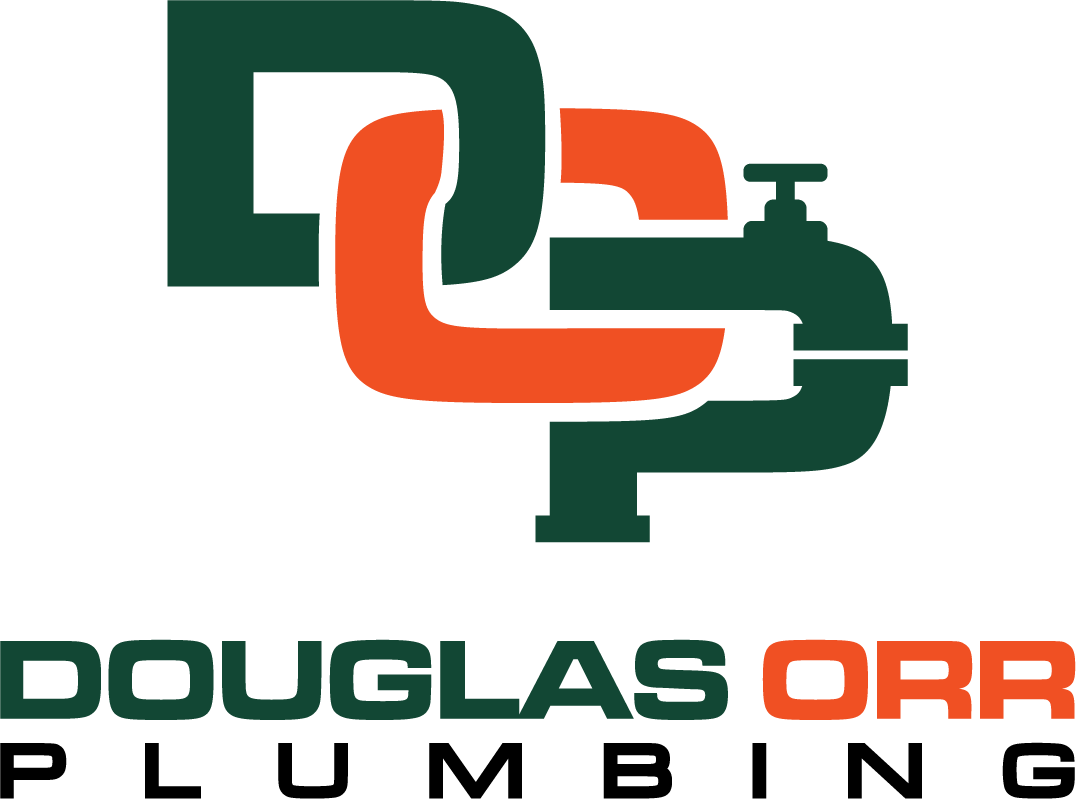
Air Anytime, LLC
Air Anytime, LLC
Air Anytime, LLC is a locally owned and operated business. We specialize in all heating and air conditioning repairs and installations for your home or business. We will provide you with the same great quality work that has kept us in business for years because we feel that our customers come first. While this is not a new concept, it seems to be one that a lot of contractors have forgotten.
"Great service Florin is very professional and knows his stuff. Replaced AC capacitor quickly. Gave good follow up info"
Michelle M on August 2025
Air Anytime, LLC is a locally owned and operated business. We specialize in all heating and air conditioning repairs and installations for your home or business. We will provide you with the same great quality work that has kept us in business for years because we feel that our customers come first. While this is not a new concept, it seems to be one that a lot of contractors have forgotten.
"Great service Florin is very professional and knows his stuff. Replaced AC capacitor quickly. Gave good follow up info"
Michelle M on August 2025























